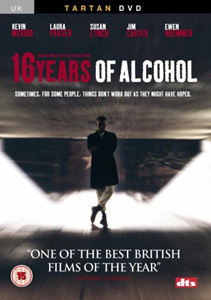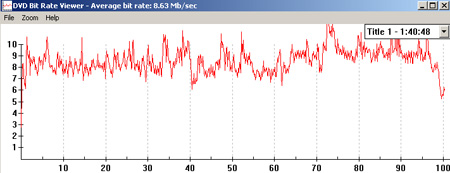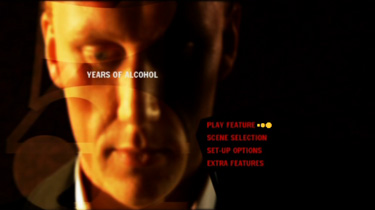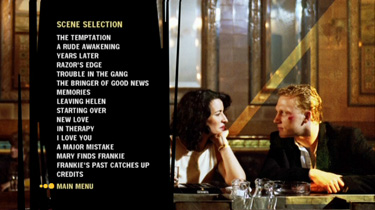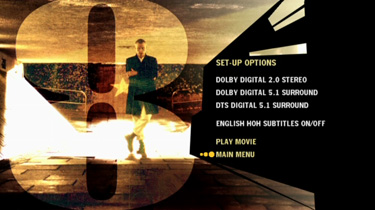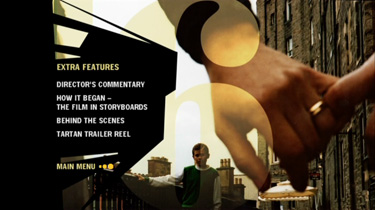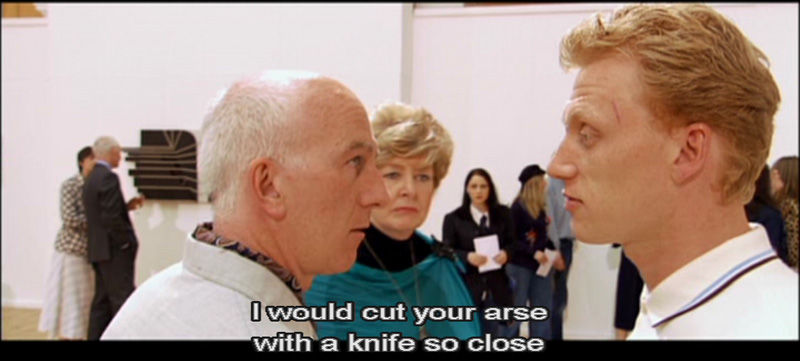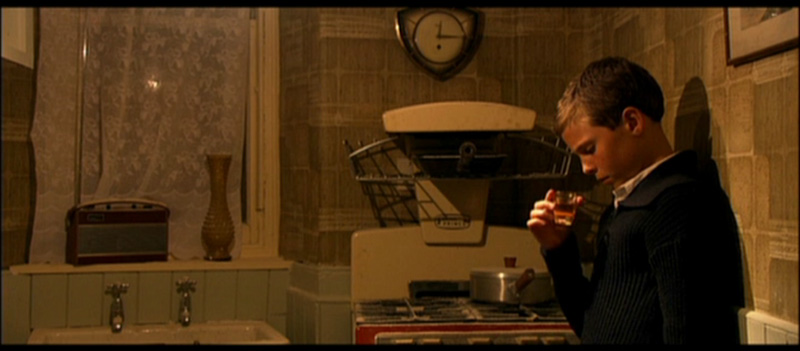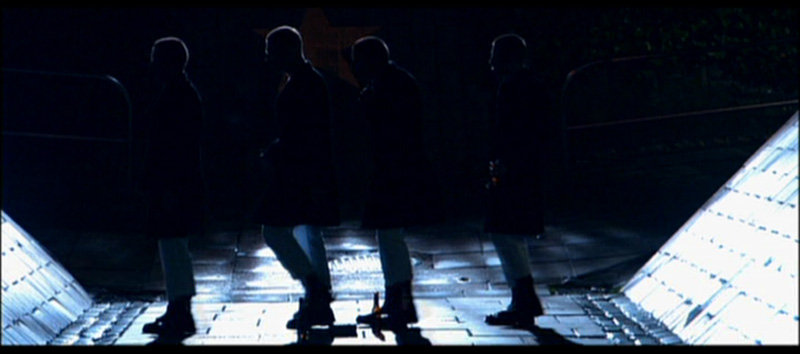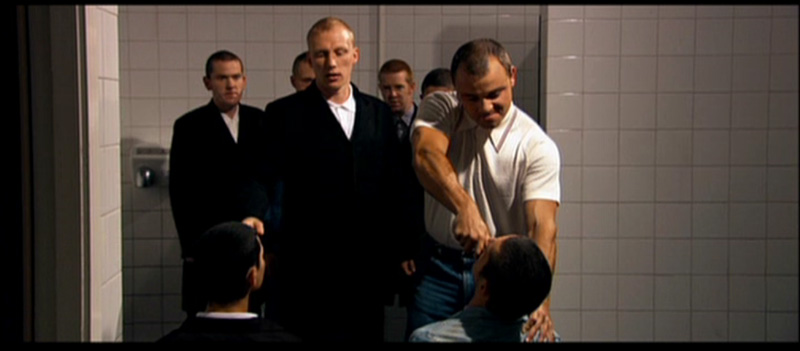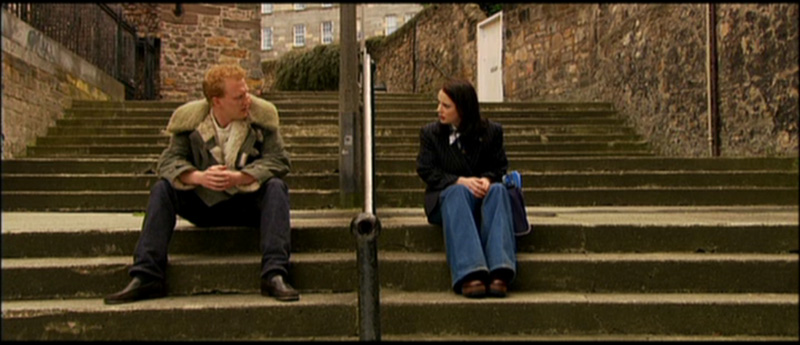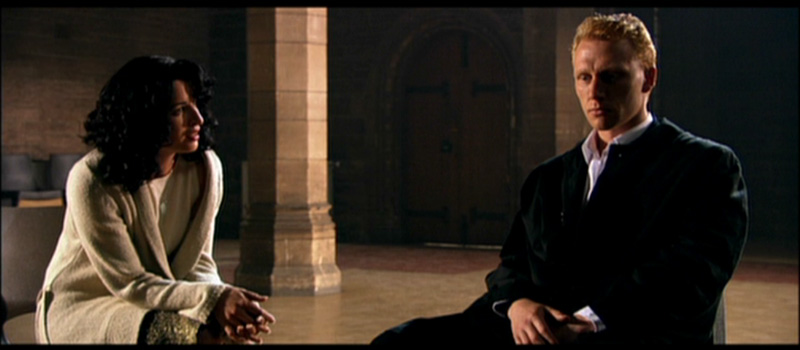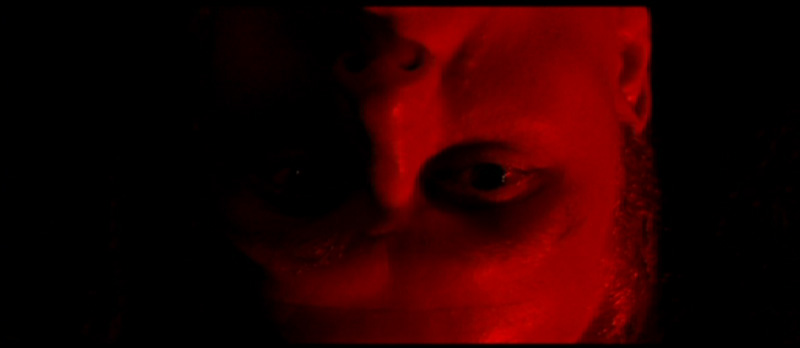![]()

![]()

directed
by Richard Jobson
United Kingdom 2003
In 1977, Richard Jobson formed the best Scottish punk band
to date, The Skids, with lead guitarist Stuart Adamson, who, after the bands
split, formed Big Country. Jobson went on to be a male model, before becoming
a presenter on SKY and VH1. And then he began to make film. First producing
two minor films about everyday people, then by writing “Heartland” and then he
took the step to become a director himself.
Based upon his own prose-poems, “Sixteen Years of Alcohol” tells the story of
Frankie (Kevin McKidd), how alcohol affected his childhood, adolescence, and
adulthood, and how ones past eventually catches up with one. The entire film
is basically a flashback and its style ranges from various influences, amongst
them Wong, Davies and Loach, by floating between social realist commentary and
poetic realism.
It is obvious that Jobson is very influenced by style and iconography. The
main segment of the adolescence chapter borrows heavily from “A Clockwork
Orange”, both in iconography and in story. The reason while Jobson borrows is
to find an artistic voice and to create reference. And as Jobson has a
background in music, he carefully chooses specific numbers to create both
reference and a voice to articulate period, mood and character, from old
crooners to 70’s Roxy Music’s Love Is The Drug and Iggy Pop's Raw Power. But
while these references most of the time work brilliantly, there are times
where they seem imposed and awkward.
While Jobson displays a great talent for character direction and for composing
a scene, he displays, at least in this film, an uncritical approach to his own
material, especially that which comes from his heart. The voice-over
narration, which is Jobson’s prose-poems, do most of the time appear more as
unedited random thoughts than final prose. And the few scenes where Frankie
says what is on his heart, as his confrontation with the actor instructor,
basically shots themselves in the foot. This is not open night at a local
poetry club, this is a film for an international audience, and Jobson has to
learn to distance himself from his work and become objective.
Yet, despite these flaws, this is a most impressive debut. Jobson displays
great talent in personal direction, in creating pace and mood. It is simply a
delight to watch McKidd at work here and how effortless Jobson works the cast.
Being a debut, one should always have in mind, that this is a first effort.
Too many first time directors are compared to professionals, and thus
dismissed, as their work lacks a certain relationship between personal vision
and artistic professionalism. As such, this is not a debut that will leave you
with your jaw open, but a debut, while flawed, displays a talent that
hopefully will grow.
Posters
 |
Theatrical Release: May 17, 2003 (Cannes Film Festival)
Reviews More Reviews DVD Reviews
DVD Review: Tartan - Region 2 - PAL
Big thanks to Henrik Sylow for the Review!
| DVD Box Cover |
|
CLICK to order from:
|
| Distribution |
Tartan Region 2 - PAL |
|
| Runtime | 1:40:50 (4% PAL speedup) | |
| Video |
2.25:1 Original Aspect Ratio
16X9 enhanced |
|
|
NOTE: The Vertical axis represents the bits transferred per second. The Horizontal is the time in minutes. |
||
| Bitrate |
|
|
| Audio | 2.0 Dolby Digital, 5.1 Dolby Digital, DTS English | |
| Subtitles | English, None | |
| Features |
Release Information: Studio: Tartan Aspect Ratio:
Edition Details:
Chapters 16 |
|
| Comments | A next to
perfect transfer. It's only flaw is that it isn't a frame to frame
transfer, thus exhibits ghosting. It comes with three mixes: 2.0 Dolby Digital, 5.1 Dolby Digital and DTS. The film is dialogue driven and virtually entirely center based, but has alot of music and here the surround is preferable. In terms of additional material, this is any filmmakers dream. An audio commentary by the director, where he talks about background, themes, production and so far. And then comes the entire film in storyboard, with the films general soundtrack. This is simply superb, and enables on to follow thought to final film entirely. Finally a behind the scenes. As this is a directors first effort, this DVD is, in my opinion, one of the best produced DVDs, in terms of allowing a director to comment on and show work in progress to final film. |
|
|
|
|
|
|
Screen Captures
subtitle sample - captures resized to 800px width from 1016px original
|
|
|
|
|
|
|
|
|
|
|
|
|
|
